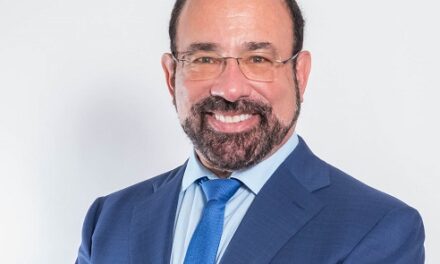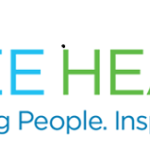 Sounds confusing, but many universities are already offering or planning a doctorate in nursing practice (DNP) that will lead to patients asking for their “Dr. Nurse” in hospitals across the nation. Nurses will now have an opportunity to seek a terminal practice degree like physicians and dentists.
Sounds confusing, but many universities are already offering or planning a doctorate in nursing practice (DNP) that will lead to patients asking for their “Dr. Nurse” in hospitals across the nation. Nurses will now have an opportunity to seek a terminal practice degree like physicians and dentists.
While most of the current cadre of nurses with doctoral degrees boast a PhD or EdD and hold faculty positions, this new “Dr. Nurse” will work in practice settings like hospitals and clinics, where they will work collaboratively with other disciplines to provide safe and effective patient care.
While the age-old question “Whats in a name” may sound benign, upgrading the hospital nurses title to “Dr.” wont be an easy pill for physicians to swallow. The “Dr.” title in hospital settings has long been held almost exclusively by physicians. Members of the American Medical Association are already reacting strongly to this new degree and title for nurses. Many of them are angry that a nurse could be called doctor. They point to the confusion of who is caring for the patient.
I would remind physicians that there never seemed to be a problem with nursing faculty being called “Dr.” but moving the title to the hospital setting will take some adjustment by physicians, patients and other members of the healthcare team. Patients have never had to wonder what discipline their “Dr.” belonged to; nurses have never had to wonder which “Dr.” is seeing patients; while few physicians have ever addressed a nurse as a colleague. It will take some getting used to, but with time it will be a natural evolution. Yes, really, it will happen.
When nursing education was first moved to the university setting in the early 1900s, doctors expressed concern that nurses could be “over-educated” and patients would suffer. Now, with the inundation of knowledge about medical conditions and treatments, and the number of research findings available, many of which nurse researchers have contributed to, its a natural evolution that nurses should be in positions whereby they can use their knowledge and skills to better direct patient care, change organizational systems, introduce new policies, advocate for health policy changes, and evaluate health care delivery practices to improve patient outcomes.
Patients go to the hospital to get “nursing” care. It is the nurse who monitors the patient throughout the hospital stay. The “Dr. Nurse” will go beyond controlling the patients environment to actually changing the patient delivery environment so that patients get optimal care and nurses are able to give safe and effective patient care.
Physicians cant be unhappy with an environment where their patients are recovering according to schedule and discharged home without complications. We all want that.
Physicians cant be unhappy about seeing experienced nurses in the hospital when they make rounds on their patients. Currently we lose many new graduates in less than two years of work experience because they are overwhelmed and disillusioned with the hospital culture and work demands. Research has indicated that having experienced and knowledgeable mentors available to novice nurses contributes to their job satisfaction and retention.
Nursing education cannot stay at todays standards. Nurses have to be better prepared for the growing number of aging, uninsured, and multicultural populations that will dominate America in the new few decades.
There is no such thing as an “over” educated nurse. There is too much to know, and too much that can go wrong if not enough is known. The same universities that educate medical students and bestow the title of “Dr.” on them at graduation will now do the same for nurses. Its an investment in the quality of life for all Americans.
The question is simple: Do you want a Dr. Nurse, or do you want to wait until there are no experienced nurses? I dont take the nursing shortage lightly. With the average age of nurses creeping up to 50 and many preparing for retirement, I look to Generation X and Y and wonder if they will see nursing as a career that offers work flexibility, technological skills and opportunities to change lives when their world has been reality TV, text messaging, and YouTube. Nursing is reality, too, and the reality is Im happy to call my nurse “Dr.” or “Your Highness.” I just want the best one I can get when I need them. Dont you?
Post Views: 1,009
 Sounds confusing, but many universities are already offering or planning a doctorate in nursing practice (DNP) that will lead to patients asking for their “Dr. Nurse” in hospitals across the nation. Nurses will now have an opportunity to seek a terminal practice degree like physicians and dentists.
Sounds confusing, but many universities are already offering or planning a doctorate in nursing practice (DNP) that will lead to patients asking for their “Dr. Nurse” in hospitals across the nation. Nurses will now have an opportunity to seek a terminal practice degree like physicians and dentists. 
























